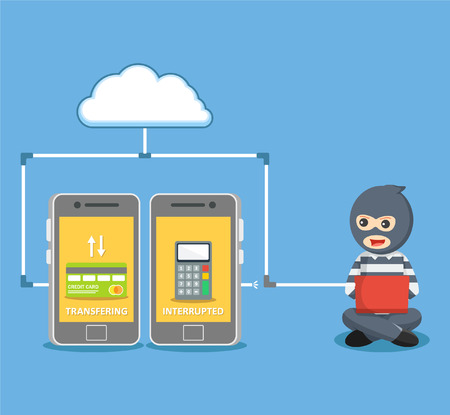 The latest ransomware attack which infects more than 300,000 computers in organisations across 150 countries, including the NHS in England, has left people worried about their work and personal computers now.
The latest ransomware attack which infects more than 300,000 computers in organisations across 150 countries, including the NHS in England, has left people worried about their work and personal computers now.
Are you at risk?
Let’s briefly mention what ransomware is – it’s a computer virus which encrypts your files (documents, videos, photos, databases) and won’t release them unless you pay a ransom in the virtual currency Bitcoin and within the time duration given. Tricking you into installing the virus unknowingly from an innocent-looking email is a common way which the virus gets into your computer. Another way is by exploiting a security hole in software on your machine.
Usually ransomware targets machines running Windows operating systems, in both big corporations as well as small companies. Home users are believed to be at lower risk to this particular virus. However, that doesn’t mean you should lower your guard.
There are few immediate steps to protect yourself:
- Backup your files now – on the cloud and offline (like an external hard drive that isn’t connected to the Internet).
- Open and read your email with great care. Do not read any innocent-looking emails that make you pause, like an email titled ‘Lindsey sent you an invoice’ which doesn’t fit into the pattern of Lindsey or your financial practice. Do not click on the links within this type of email.
- Update your Windows operating systems to the latest version, or install the latest patches.
- Install firewalls.
- Install/ update your anti-virus software.
Use Cloud Accounting
Considering the constant threat from ransomware, it’s a good time for small business owners to switch to cloud accounting – which basically means the accounting system is hosted on remote servers, rather than the software in your computer. The two main benefits of cloud accounting for small business owners are:
- It allows you to access your accounts anywhere, as long as you have internet connection.
- It keeps your data safe. You don’t have to waste time/money trying to recover any lost data in your work machine.
To find out more information about cloud accounting and how we can help, visit the post titled ‘Why so many SMEs are switching to cloud accounting’.
Liked this article? Then you may also like “Small business: make cyber security a priority”
